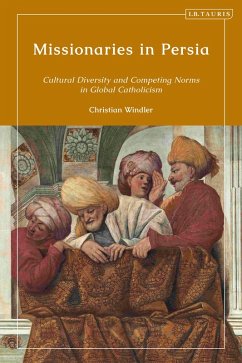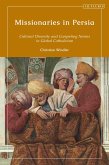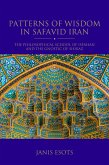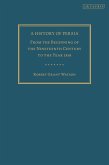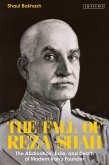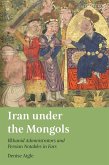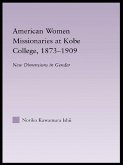In the seventeenth and eighteenth centuries, Isfahan, the capital of the Safavid Empire, hosted Catholic missionaries of more diverse affiliations than most other cities in Asia. Attracted by the hope of converting the Shah, the missionaries acted as diplomatic agents for Catholic rulers, hosts to Protestant merchants, and healers of Armenians and Muslims. Through such niche activities they gained social acceptance locally. This book examines the activities of Discalced Carmelites and other missionaries, revealing the flexibility they demonstrated in dealing with cultural diversity, a common feature of missionary activity throughout emerging global Catholicism. While missions all over the world were central to the self-fashioning of the Counter-Reformation Church, clerics who set out to win over souls for the "true religion" turned into local actors who built reputations by defining their social roles in accordance with the expectations of their host society. Such practices fed controversies that were fought out in newly emerging public spaces. Responding to the threat this posed to its authority, the Roman Curia initiated a process of doctrinal disambiguation and centralization which culminated in the nineteenth century. Using the missions to Safavid Iran as a case study for "a global history on a small scale," the book creates a new paradigm for the study of global Catholicism.
Bitte wählen Sie Ihr Anliegen aus.
Rechnungen
Retourenschein anfordern
Bestellstatus
Storno

